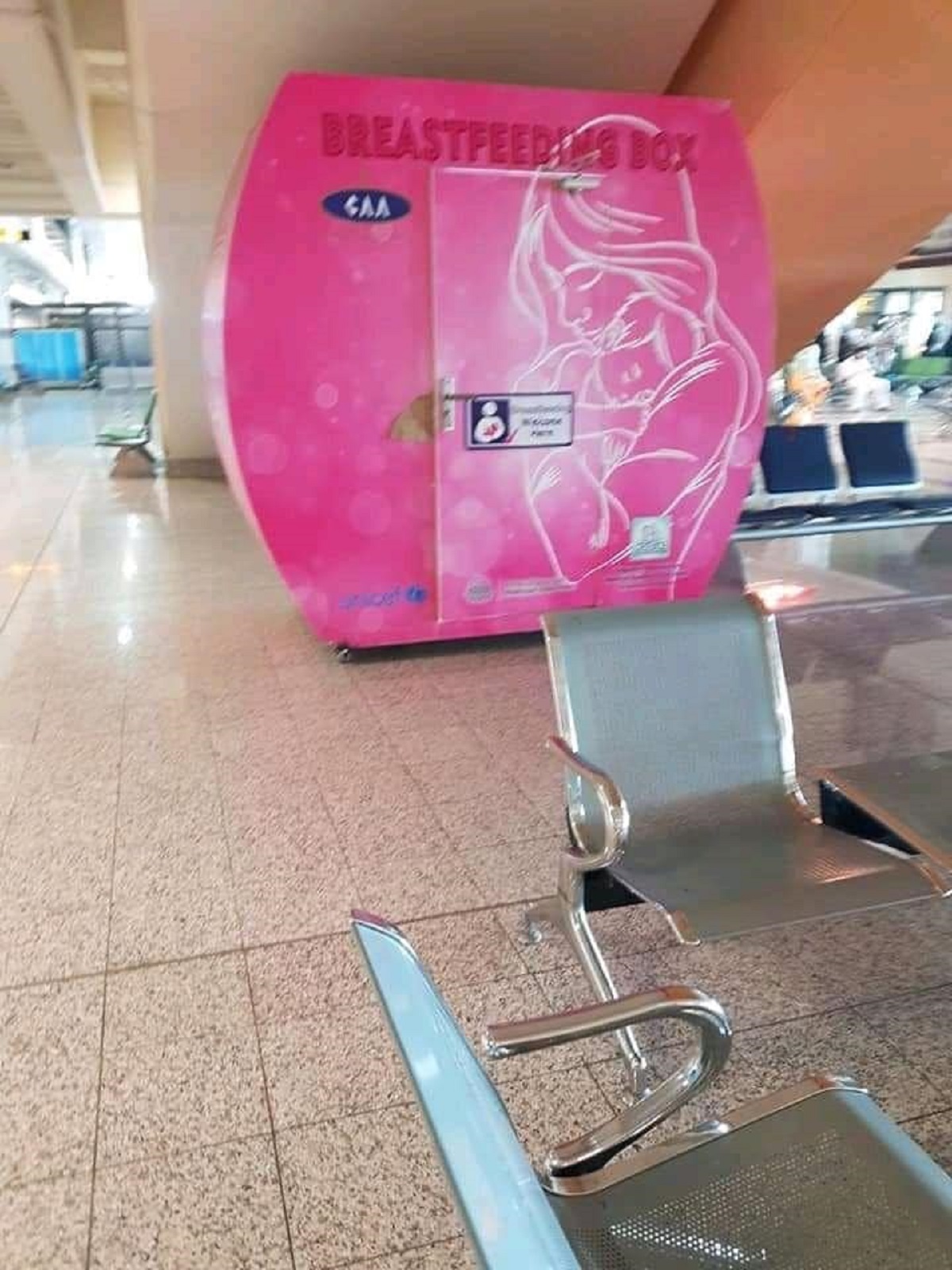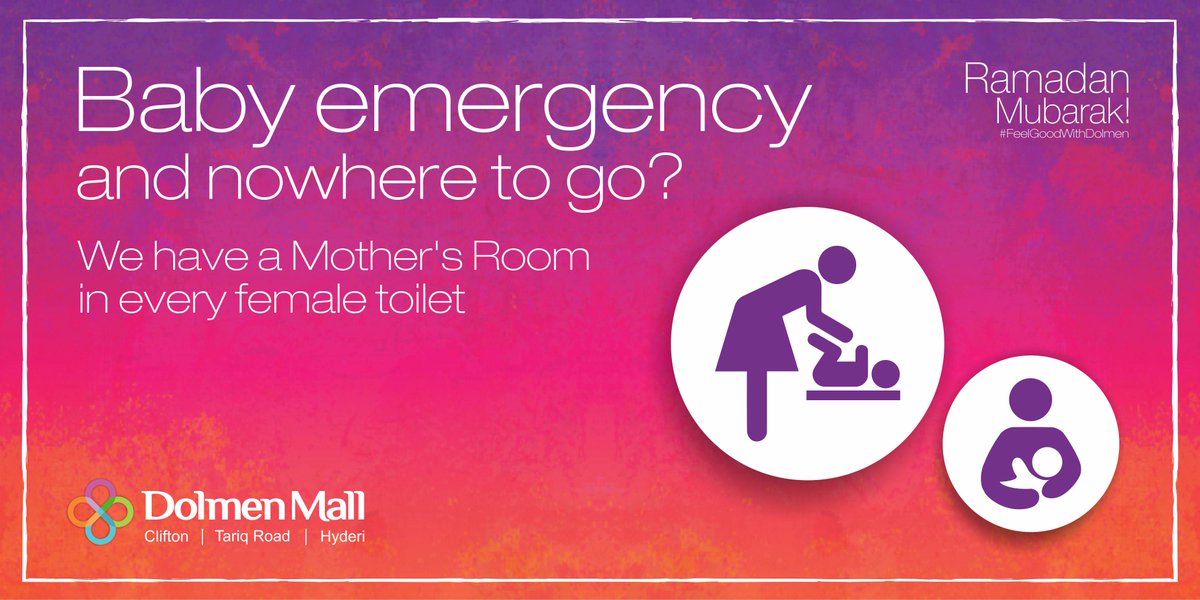Between Aurat March 2021 and Aurat March 2022, a young girl from an affluent family was held hostage, tortured, raped and be-headed by a man from an educated and affluent family; a man known to her, belonging to a family known to her and her family. For seven long months, her aggrieved family fought tooth and nail to get her justice. In death.
Do you know what that means?
It means plunging head-on into a socio-justice system that is strongly biased against and needlessly cruel towards women. It means hearing the most despicable things about your deceased daughter, sister, cousin, niece, friend. It means defending her character while you fight to put the man who murdered her behind bars. It means seeing his face again and again. It means imagining what he did to her again and again. It means wanting to kill him with your bare hands right there and then, but instead being subjected to long wait times, delays and excuses.
It is ironic that this matter has come to a tentative close days before Women’s Day 2022, days before women from all over Pakistan will march for their rights. Most of these women have next to nothing in common with Noor Mukadam. Many of them come from less privileged backgrounds, have little or no education and often do not have the support of their families, let alone access and funds for lawyers and courts. What they do have in common however, is that they like Noor, are victims of the patriarchy that shrouds the existence of women in Pakistan – irrespective of affluence, education and appearance. The patriarchy that allows men to keep their daughters, wives and sisters at home by force. That lauds men for keeping their women “in check”. That compels men to clap each other on the back and exchange smirks when they have “tamed their woman”. That encourages both men and women to become enablers in its transmission.
For be not ignorant, patriarchy is a concept, a way of life, a system that is propagated and given life by both men and women in society.
Noor with all her education, awareness and lifestyle could not defend herself against her perpetrator, so how do we expect the vast majority of women in Pakistan to fight for their rights? Women who live in much more restricted mindsets and environments than she did. Noor could not fight against the pure animal bestiality that Zahir Jaffer came at her with because it wasn’t simply masculine strength and knuckle dusters she had to protect herself from.
She was fighting a mindset.
I know that sounds unconvincing when you imagine her cornered in a room or trying to flee the house but hear me out. She was fighting against the mindset of power, influence and misogyny. The house help that abetted Zahir Jaffer in the murder were not only weighed down by the monetary power their ‘master’ wielded over them but most likely also by their own warped understanding of women and how women should be “handled” by men. The understanding that tells them:
If a man is holding her against her will, it is her “fault” for being too friendly with him.
If a man is harming her physically, she probably “asked” for it.
If a man is killing her, she “deserved” it.
She was fighting a mindset.
The mindset that kept Zahir Jaffer’s parents from coming clean in their social circle about their son’s violent tendencies. The mindset that compelled them to protect him (and their name) to the bitter end.
She was fighting a mindset.
The mindset that makes people avert their eyes and shield their ears in the face of violence against women, even though the same eyes and ears are always on alert when it comes to poking their noses in other people’s business. The CCTV footage clearly showed Noor trying to escape, looking visibly scared and undone. Someone must have seen the scuttle between her and Zahir Jaffer; someone must have heard their voices because the actions depicted in the footage could surely not have been done in silence. And yet, no one came to her assistance. No one called the police.
Because it was their “ghar ka maamla” (family matter).
Because it involved an influential family.
And yet, in the face of a broken judicial system, in the face of never-ending excuses and dramatics, in the face of changing pleas, Noor has won. Albeit in death, but she has won. Her father, an absolutely courageous man, has made sure of that.
May no father have to go through even an inch of what this exemplary man has gone through in the last seven months. But in doing this great act of service to his deceased daughter, he has given hope to women in this country.
Moreover, he has taught some hard lessons to the men of this country, should they choose to learn from them. He has shown what a strong father can do for his daughter, even in death. He has shown what belief in one’s daughter means. In a country where daughters are asked to be patient and carry on in the face of emotional, verbal and/or physical abuse, he has shown fathers that it is NEVER acceptable to be abusive or let someone abuse their own. It is NEVER acceptable to think of a woman in your life as a punching bag – be it your mother, wife, sister, daughter or friend.
His unrelenting pursuit to get Noor justice has revealed the dark ugliness that permeates our society on multiple levels. Not only has this seven-month long ordeal unveiled the incompetence of the police and regulatory systems because despite the matter being brought to a close in a relatively short period of time considering our history of investigative and court procedures, the inadequacies of DNA testing, crime scene investigation, background checks, phone and CCTV evidence were still painfully apparent all along. However in addition to these vices, this particular case has heralded the evils of substance abuse, elitism, misogyny, mental health and the importance of keeping face especially for the elites of this society, to the front and centre.
Noor is gone, never to come back. The void in her family will never be filled. The death penalty given to her murderer (even if actualized) will not bring them peace. But in Noor’s fight, in her father’s struggle, may we all see ourselves, our flaws and our imbalances.
May we protect us and ours.
May we be just, impartial and unbiased, even at the expense of ourselves and our loved ones.
May we raise our sons and daughters with equality.
May we celebrate our sons and daughters equally.
May we teach both, our sons and daughters patience, resilience and respect.
May we teach both, our sons and daughters the importance of consent.
May we be the “Noor” for ourselves and others. May we light the path to a better society, a better world.
May we not forget Noor Mukadam.
May there never be another Noor Mukadam.
May we truly understand why women are compelled to march.
May we march with them and for them.
And maybe one day…one day…we will not need to have an Aurat March.
This blog was published in Express Tribune Blogs: https://tribune.com.pk/article/97550/aurat-march-2022-march-for-the-noors-among-us?fbclid=IwAR2MFtRyryQ-yy7opGxhxe17u_XY4q_gFw7_d0adxhd7KhPHpPsuH2CSDC8



